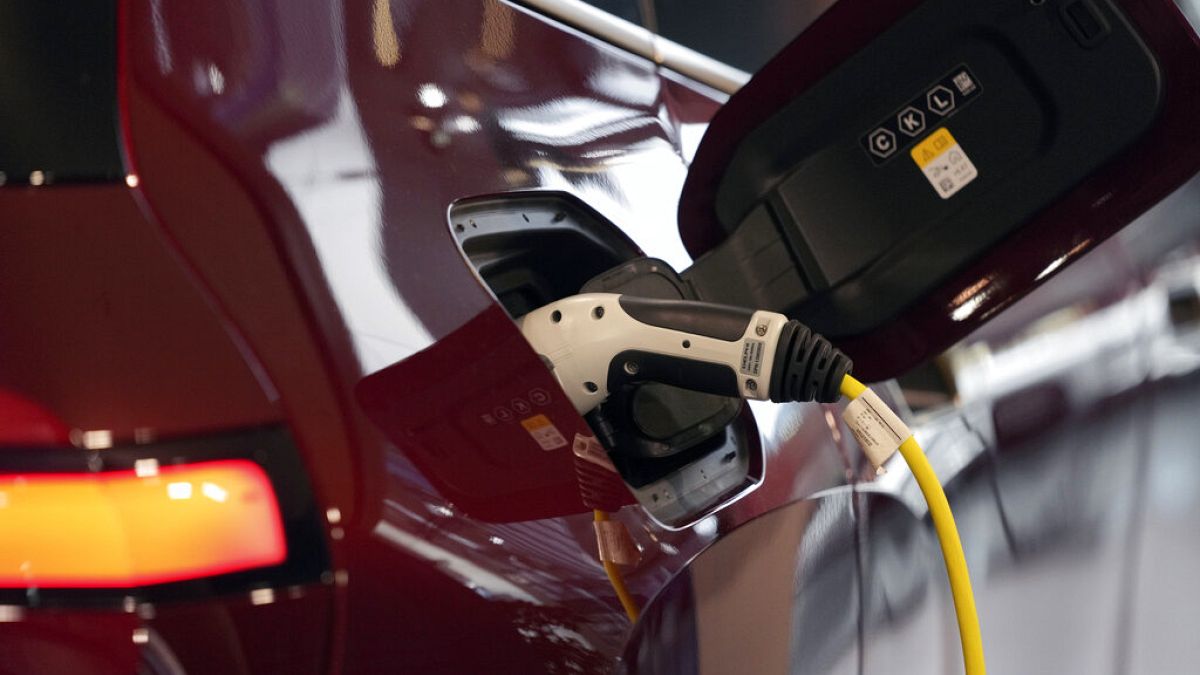The study compared the transport in 24 cities across Europe.
Travelling in a greener way is an important consideration for all of us today, and it’s particularly crucial when moving around cities, famous for their traffic and pollution.
A new study has revealed the top five cities in Europe which offer the greenest transport options.
The research from Smart City Expo World Congress discovered that London, Amsterdam and Vienna have officially the greenest transport, with Berlin and Helsinki rounding out the list.
Curbing carbon emissions is a global priority, and Europe is aiming to cut car emissions by 55 per cent by 2030.
Although that is a significant amount, it is achievable, with authorities and citizens increasingly aware of the need to implement changes on how we commute in cities, as well as improving transport in our major hubs.
The Smart City Expo World Congress, set to run in Barcelona from 5 to 7 November, is focussed on cities and urban innovation, helping them to become greener places to live.
Ahead of its start, the organisation looked at 24 major European cities, ranking them from best to worst in terms of the greenest transport. Here’s what the study revealed.
Which cities in Europe have the greenest transport?
Cities were ranked on their shared bike schemes, bike routes, bus fares, whether they have electric buses, number of electric cars and recharging points. The research also considered air pollution levels in each city, as well as the number of airports.
London: Winning on electric buses but failing on airports
London decisively topped the list with an index score of 5.87 out of ten and was praised for its commitment to green transport.
Not only does it boast some 80,000 electric vehicles and a vast network of over 11,500 EV chargers, but its fleet of nearly 1,400 electric buses also drew commendation.
London was found to fall down on its number of airports – six, the largest number of all the cities featured – as well as a relative lack of public bicycle renting companies and fairly short cycling routes.
Amsterdam: The bike capital is friendly that’s friendly to EVs
Amsterdam is renowned for its cycling culture.
Coming in second with a score of 5.71 out of ten, the Dutch capital is home to an impressive 858 km of bike paths as well as five public bike rental options.
It also offers some 13,549 EV charging stations, which shows that Amsterdam caters to both cyclists as well as drivers keen to use electric vehicles and improve their carbon footprint.
Vienna: Shared bikes and the paths to match
Austria’s capital secures the third spot with a score of 5.70 out of 10.
Vienna was found to promote sustainable transport through its extensive 1,300 km of bike paths alongside an impressive six bike rental companies.
It also has a fleet of 150 electric buses, as well as just one airport, which makes it easier for people to choose more environmentally friendly transport options.
Berlin: Cycle lanes aplenty but buses aren’t cheap
With a score of 5.52 out of 10, Berlin is in fourth place. The German capital has around 30,000 electric vehicles on the roads, as well as more than 3,500 EV charging stations.
The research revealed that the city is demonstrating a commitment to green transport, despite an average bus fare of 3.20€ – one of the highest amongst the 24 countries studied.
Berlin, though, also has 1,000km of cycling routes and 6 bike rental options, meaning it’s an attractive choice for eco-conscious and active residents and travellers alike – and for those who don’t want to take the bus.
Helsinki: Capital of the happiest nation has clean air
Rounding out the top five, with a score of 5.36 out of 10, is Helsinki.
The Finnish capital boasts the longest cycling routes of all cities analysed, at 1,300km.
It’s also home to more than 25,000 electric vehicles, 146 EV charging stations, and a fleet of 428 electric buses.
It also has by far the lowest air pollution level of all the cities studied, solidifying Helsinki among the greenest transport cities.
Where in Europe needs to work on its transport?
At the other end of the scale are Sarajevo in Bosnia and Herzegovina, which has the lowest air quality in all of Europe and a Green Transport Score of just 2.80.
Joining it are Skopje, the capital of North Macedonia and Vaduz, Liechtenstein’s capital. Both scored poorly on electric buses and public bicycle hire and have Green Transport Scores of 3.07 and 3.28 respectively.
Also at the bottom of the list are Cyprus’ capital Nicosia and Lithuania’s capital Vilnius, which fell down on air quality and a lack of cycling routes. They received scores of 3.64 and 3.76 which means they have a lot to improve on as Europe moves to reduce its carbon emissions.

